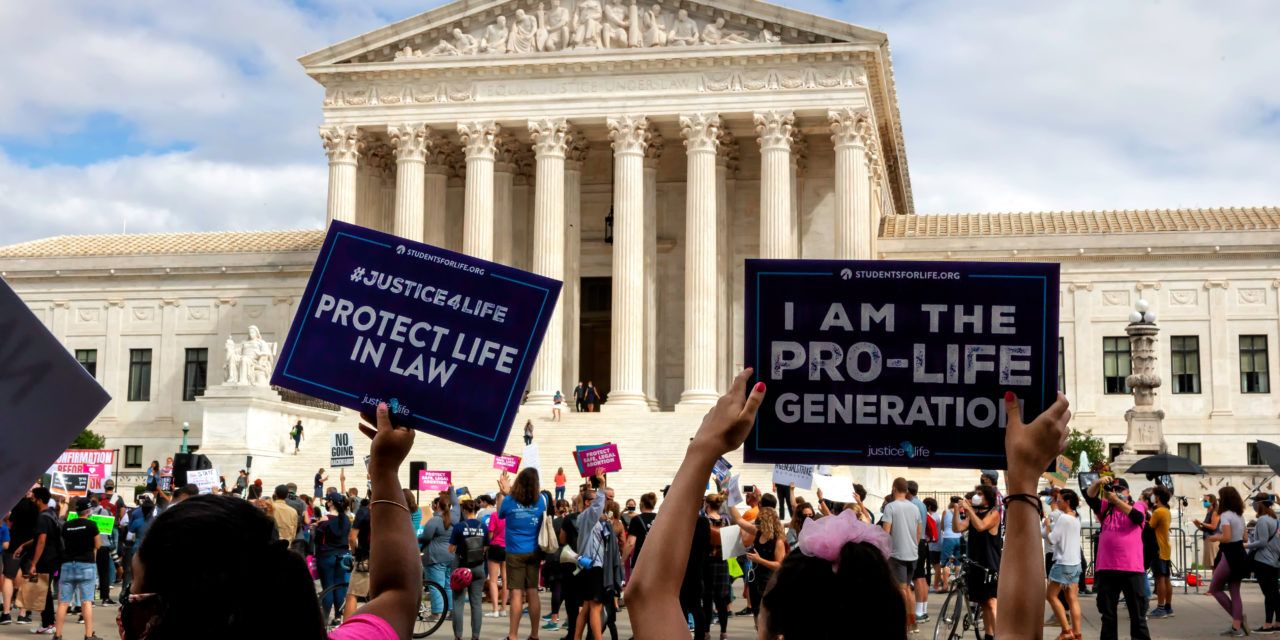The recent Dobbs decision from the U.S. Supreme Court that overturned Roe v. Wade caused abortion “trigger laws” in 13 states to go into effect, prohibiting abortions in varying degrees. “Trigger laws” are so named because they are “triggered” to go into effect upon a particular occurrence – in this case, the overturning of Roe.
Most of the 13 states’ trigger laws completely ban abortions performed in those states with only minor exceptions.
The abortion industry, understanding since May 2, if not before, that the demise of its long-standing Supreme Court shield was imminent, has been preparing for it. Once the Dobbs decision was handed down, it immediately shifted its legal tactics to suing various states over their trigger laws and other abortion restrictions, using a variety of legal theories.
Seven states’ trigger laws have been challenged already, according to CNN, including Idaho, Kentucky, Mississippi, Texas, Arizona, Louisiana and Utah.
And the abortion industry has already had some success, albeit of a temporary nature.
In Utah, for example, a state court judge temporarily blocked the state’s abortion trigger law, SB 174, for 14 days until a hearing can be held on claims brought by Planned Parenthood (PP) challenging the law under the Utah, rather than the U.S. Constitution. PP is represented by the American Civil Liberties Union (ACLU) in the case.
“The Utah Supreme Court has long recognized that the Utah Constitution serves as an independent source of rights and that its guarantees may be more expansive than those under federal law,” PP’s Motion for a Temporary Restraining Order reads.
Following the next hearing, the court could grant an extension of its order blocking the law (called a preliminary injunction), or refuse and let the law go into effect while a trial proceeds on PP’s legal claims.
In Louisiana, a state judge also issued an order temporarily blocking that state’s three trigger laws in response to a lawsuit filed by several abortion sellers and the Center for Reproductive Rights, a pro-abortion legal group. That order will last until July 8, when another hearing will occur. At that hearing, with all parties presenting their legal arguments for and against a preliminary injunction, the court will decide whether to further block the law from taking effect.
Louisiana’s trigger laws ban abortion from the “moment of fertilization and implantation,” except in cases where the mother faces death or serious injury.
But trigger laws are not the only target of the abortion industry’s legal blitz against state laws.
In Florida, abortion sellers represented by the ACLU are challenging that state’s new 15-week abortion ban. The parties to the lawsuit pitched their arguments to a state judge for more than seven hours on Monday, June 27.
The abortion industry claims the 15-week ban, signed into law by Florida Governor Ron DeSantis in April, violates the state constitution’s “right of privacy.”
A ruling is expected on Thursday.
Many of these court challenges are merely delay tactics, as state legislatures in these pro-life states can simply pass corrective legislation to account for whatever legal problems a court might have with the statutes being challenged.
However, the challenges based on state constitutional rights, if successful, will typically require a fix via an amendment to the state constitution voted on by the citizens of that state.
Either way, these legal challenges represent the dying gasps of an industry of death whose time is short in pro-life states across America.
Photo from Shutterstock.






